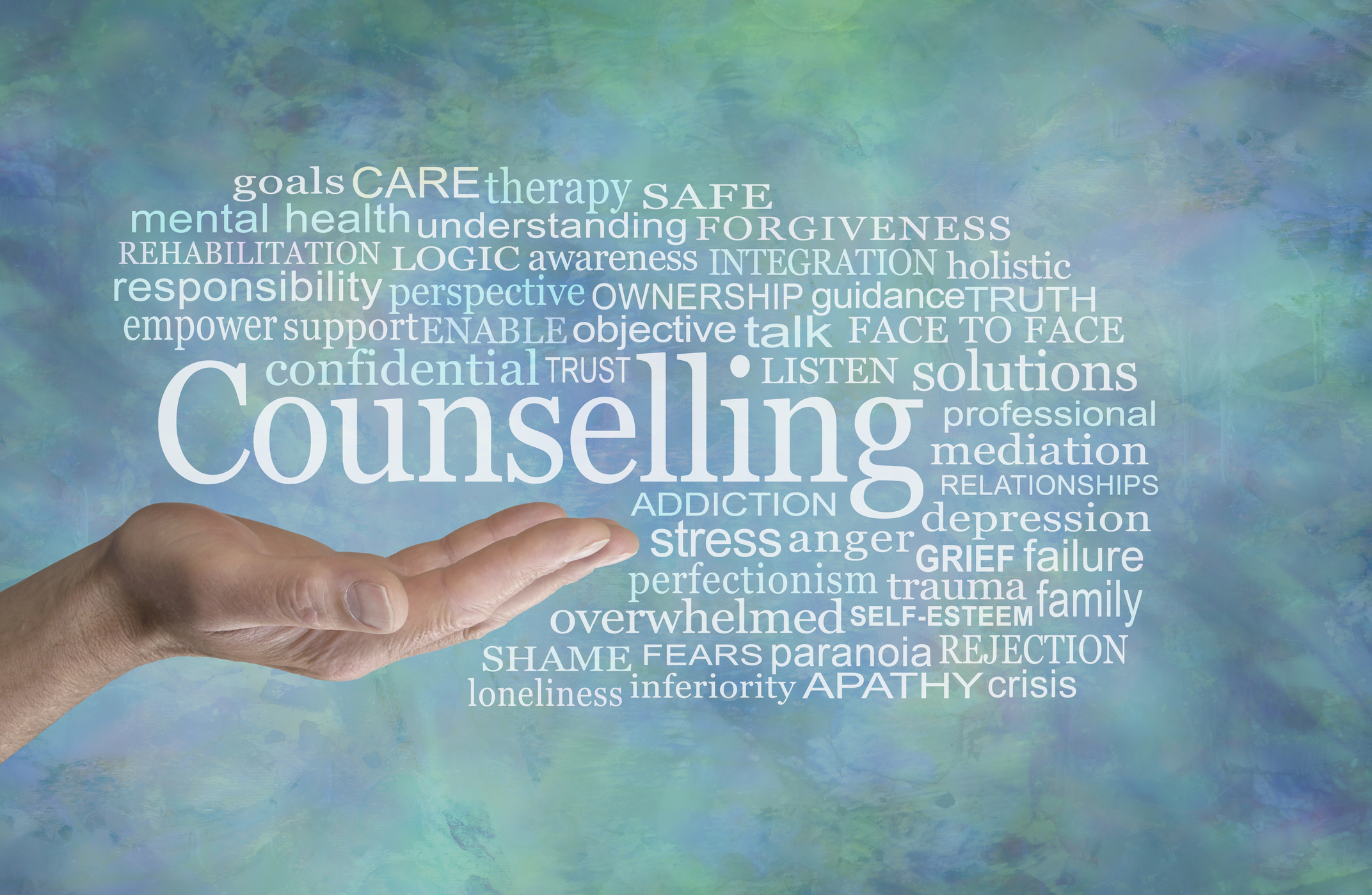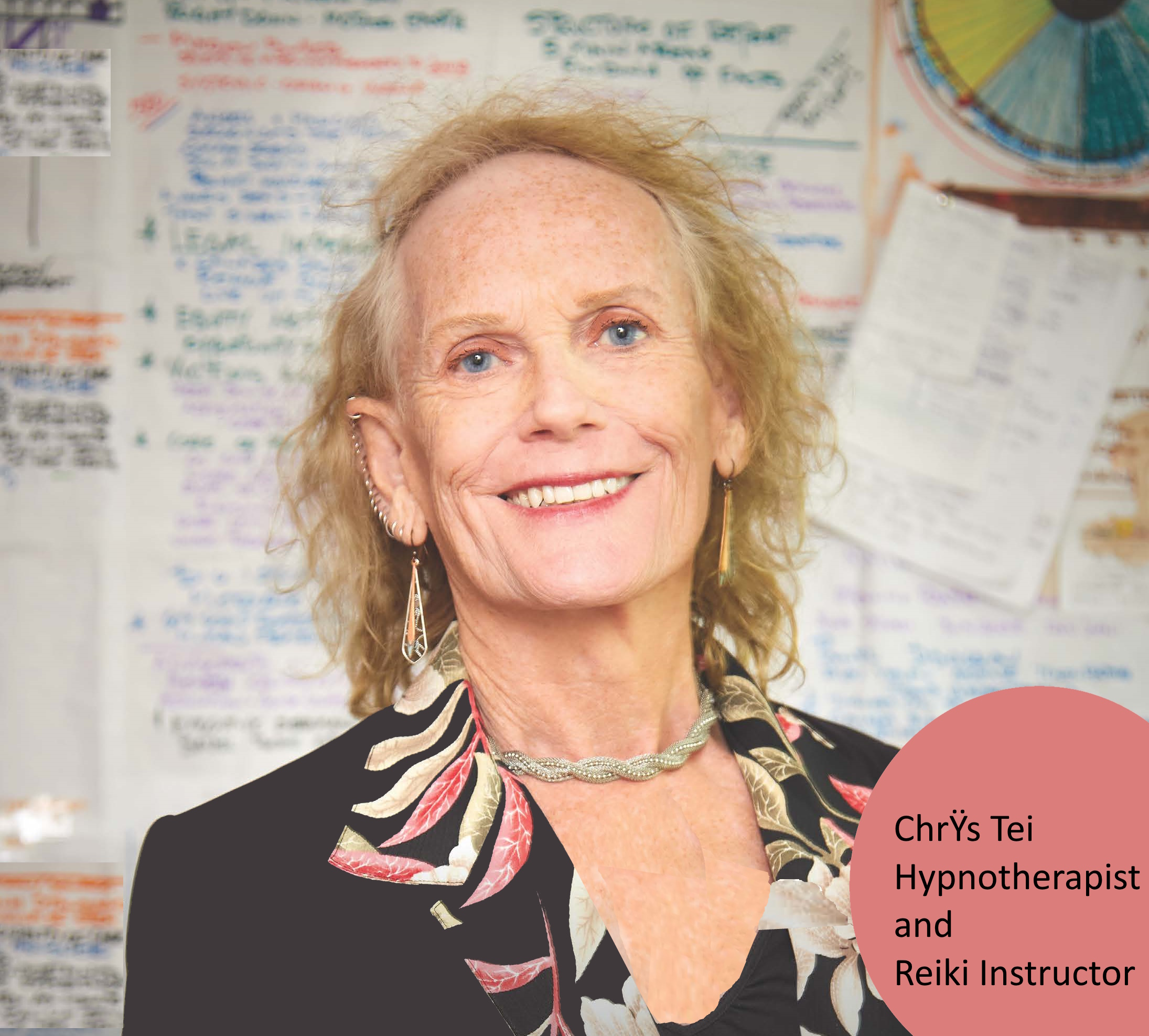

Instructor: ChrŸs Tei

Duration: 5 Months

Topics: Five
Lessons: 20

Level: Sixth Term
Price: $450
Professionalism In Counseling
Course Overview
Professionalism and Ethics in Counseling is a critical course designed to equip students with the knowledge and skills necessary to navigate the ethical and professional challenges in the counseling field. The course covers key topics such as ethical decision-making, confidentiality, dual relationships, and professional boundaries. Students will explore the ethical codes and standards set by leading counseling organizations and learn how to apply these principles in real-world scenarios. Emphasis is placed on cultural competence, self-awareness, and the importance of ongoing professional development. Through case studies, discussions, and practical exercises, participants will develop a strong ethical foundation to guide their practice and ensure the highest standards of client care.
Professionalism and Ethics in Counseling covers several important legal considerations. These include understanding and adhering to confidentiality laws, navigating dual relationships, and recognizing the implications of informed consent. The course also addresses legal issues related to mandatory reporting, professional liability, and malpractice. Students learn about the legal frameworks governing counseling practice, including federal and provincial regulations, and how to apply these laws in various counseling scenarios. This comprehensive approach ensures that students are well-prepared to handle the legal aspects of their professional responsibilities.
What you’ll get from this course:
Ethical Decision-Making is a cornerstone of professional counseling, requiring practitioners to navigate complex dilemmas with integrity and care. This course emphasizes the importance of understanding and applying ethical codes and standards set by leading counseling organizations. Students will engage with real-world scenarios to practice making informed decisions that prioritize client welfare and uphold professional ethics. Developing self-awareness is crucial in this process, as it helps counselors recognize their biases and ensure their decisions are fair and just. By mastering ethical decision-making, students will be better equipped to handle the challenges they may face in their professional practice.
Confidentiality and Professional Boundaries are fundamental to building trust and maintaining the integrity of the counseling relationship. This course covers the legal and ethical aspects of confidentiality, including relevant laws and regulations that protect client information. Students will learn how to manage dual relationships and establish clear professional boundaries to prevent conflicts of interest and maintain ethical standards. The course also addresses the implications of informed consent, ensuring that clients are fully aware of their rights and the nature of the counseling process. By understanding and adhering to these principles, counselors can create a safe and respectful environment for their clients.
Cultural Competence and Self-Awareness are essential for effective counseling in a diverse society. This course highlights the importance of understanding and respecting cultural differences, and provides techniques for enhancing self-awareness. Students will explore how cultural issues impact the counseling process and learn strategies for addressing these challenges in a sensitive and inclusive manner. Ongoing professional development is emphasized to ensure that counselors remain informed about cultural dynamics and continue to grow in their practice. By fostering cultural competence and self-awareness, counselors can provide more empathetic and effective support to their clients.
Legal Considerations in Counseling: navigating the legal landscape of counseling is critical for ensuring ethical and professional practice. This course provides a comprehensive overview of key legal considerations, including confidentiality laws, informed consent, and mandatory reporting requirements. Students will learn about professional liability and malpractice, as well as the federal and state regulations that govern counseling practice. Understanding these legal frameworks is essential for protecting both clients and counselors, and for maintaining the highest standards of professional conduct. By mastering these legal aspects, students will be well-prepared to handle the responsibilities and challenges of their counseling careers.
Practical Applications and Case Studies are integral to developing a strong ethical foundation in counseling. This course uses case studies to illustrate complex ethical and legal issues, allowing students to analyze and discuss real-world scenarios. Through practical exercises, students will apply the concepts and techniques they have learned, gaining hands-on experience in ethical decision-making and professional practice. These activities help to reinforce theoretical knowledge and build practical skills, ensuring that students are prepared to navigate the ethical and professional challenges they will encounter in their careers. By engaging with these practical applications, students will develop the confidence and competence needed to provide high-quality client care.
Course Content
- Ethical Decision-Making
- Understanding ethical dilemmas
- Applying ethical codes and standards
- Real-world ethical scenarios
- Developing self-awareness in decision-making
- Confidentiality and Professional Boundaries
- Confidentiality laws and regulations
- Managing dual relationships
- Establishing professional boundaries
- Implications of informed consent
- Cultural Competence and Self-Awareness
- Importance of cultural competence
- Techniques for enhancing self-awareness
- Addressing cultural issues in counseling
- Ongoing professional development
- Legal Considerations in Counseling
- Confidentiality laws and informed consent
- Mandatory reporting requirements
- Professional liability and malpractice
- Federal and state regulations
- Practical Applications and Case Studies
- Analyzing case studies
- Participating in discussions
- Engaging in practical exercises
- Building a strong ethical foundation
Course Instructor


ChrŸs Tei
ChrŸs Tei is a passionate educator who provides comprehensive training for people who have an interest in growing wellness in their families, communities, and themselves. She was a co-founder of the Tau Wellness Co-op in 2014 and has brought together into one integrated approach the skills of therapeutic touch, therapeutic arts, and therapeutic trance. ChrŸs is a steadfast advocate for the gender/neuro diverse community and the grateful guest on the unceded territories of the T’sou-ke First Nation for over 40 years.
As Tau we are guests everywhere forever and thank our many hosts.
We are one people amongst many nations
Our commonality is our diversity
And the ancestors WE share
May their voices lead us in our work
And our touch always heal



